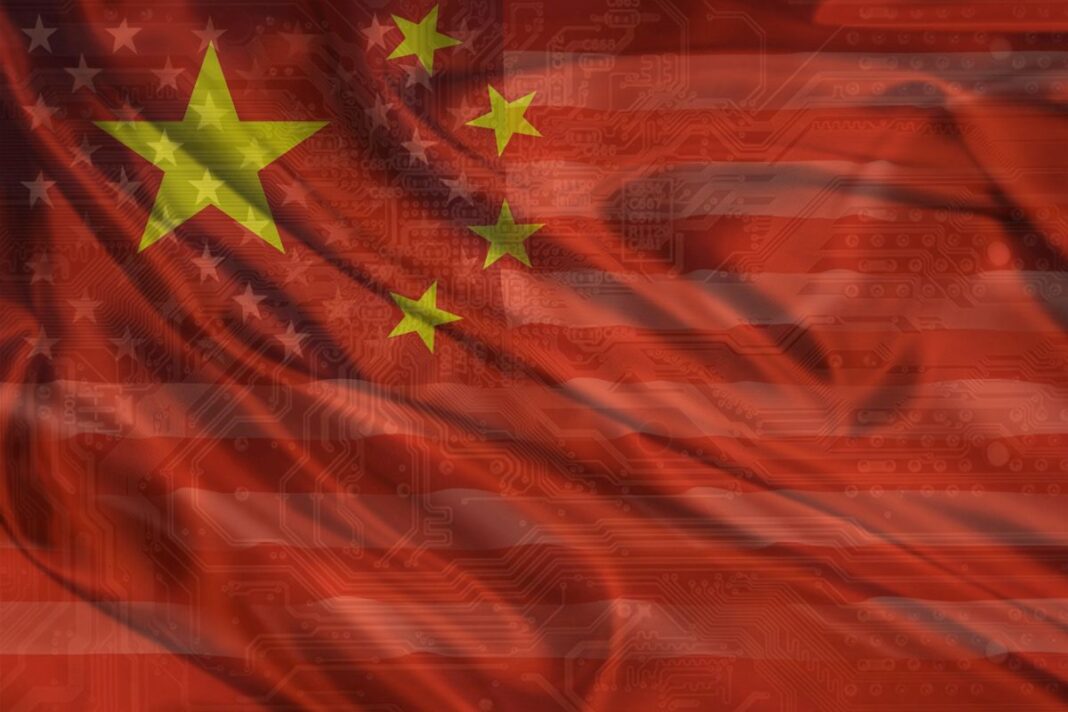‘For too long, the Chinese Communist Party has exploited weaknesses in our export control enforcement system,’ Rep. John Moolenaar (R-Mich.) said.
Bipartisan House lawmakers on May 15 introduced a bill aimed at preventing the Chinese Communist Party (CCP) from accessing advanced American chips.
The United States has put export controls on advanced chips since 2022, intending to cut off the CCP’s access to cutting-edge and artificial intelligence (AI) technologies that would advance its military. But they have not had the intended effect due to smuggling, loopholes, and technological developments, according to the eight lawmakers introducing the Chip Security Act.
Reps. John Moolenaar (R-Mich.) and Raja Krishnamoorthi (D-Ill.), chair and ranking member of the House Select Committee on the CCP, respectively, along with Reps. Rick Crawford (R-Ark.), Bill Foster (D-Ill.), Josh Gottheimer (D-N.J.), Bill Huizenga (R-Mich.), Darin LaHood (R-Ill.), and Ted Lieu (D-Calif.), point to “mounting evidence” that the CCP has access to restricted technology.
The lawmakers say that this access can enable weapons that could be used against the United States in a conflict, advance the Chinese regime’s surveillance state, and supplant the U.S. tech industry’s dominance in AI and other fields.
“For too long, the Chinese Communist Party has exploited weaknesses in our export control enforcement system—using shell companies and smuggling networks to divert sensitive U.S. technology that helps fuel its military advancement and extend its surveillance capabilities to further its repression,” Moolenaar said in a statement.
The Chip Security Act would require location verification for advanced AI chips, enforce mandatory reporting from chipmakers on potential diversion of their products, and task the Department of Commerce with studying additional necessary steps.
Sen. Tom Cotton (R-Ark.) introduced companion legislation on May 8 that would require location verification of advanced chips and task the Department of Defense with studying additional necessary steps.








